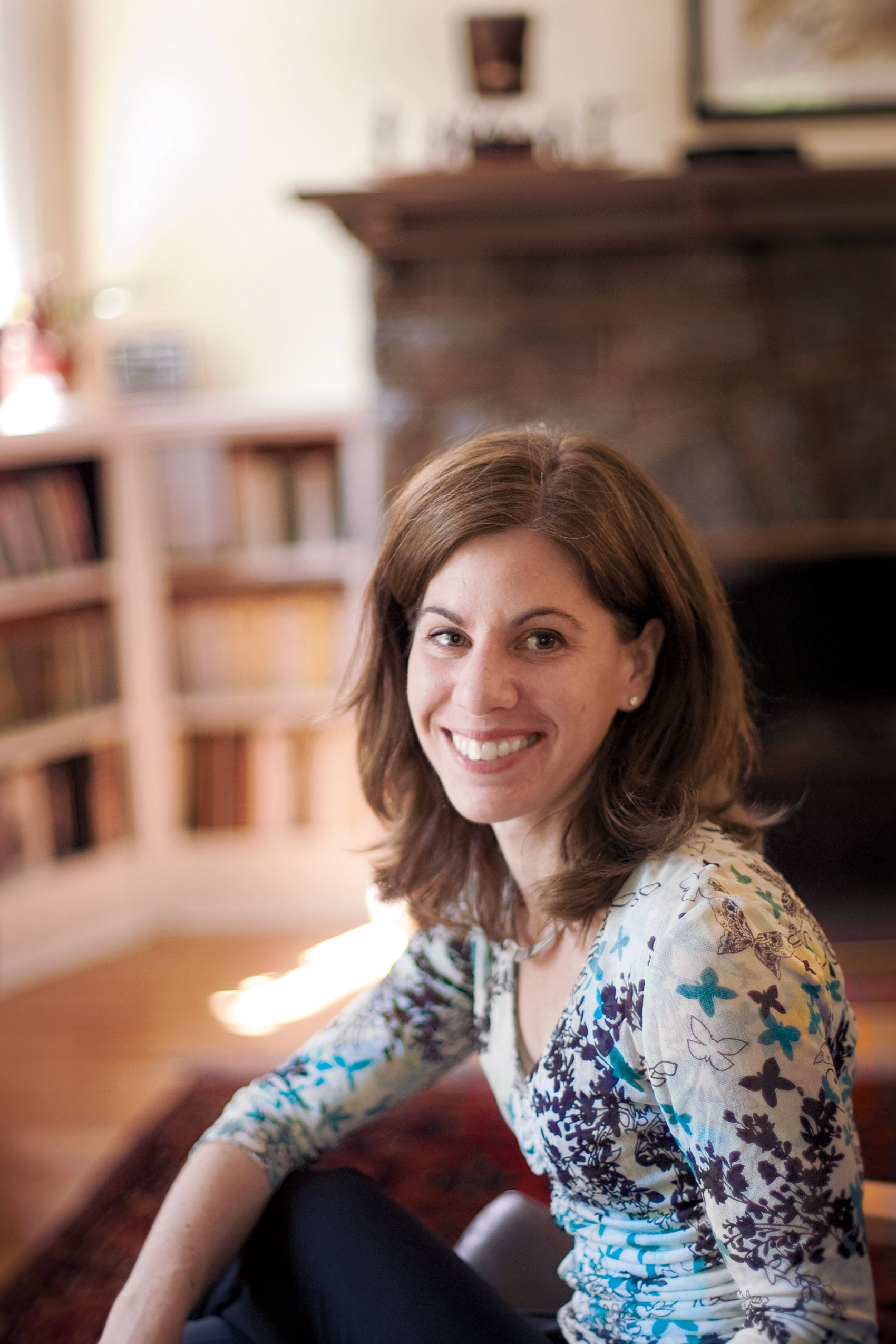Modernizing war-torn legal systems, from Bosnia to far-flung villages in Africa
In rural Liberia, locals have a method for determining if someone is guilty of witchcraft. They administer poison to the suspect. If he survives, he’s innocent.
That’s the sort of anachronism that vexes Deborah Isser ’96, a senior program officer at the U.S. Institute of Peace, where she has spent the past four years working to bring the rule of law to the justice systems of post-conflict and war-torn countries. Although Liberia has adopted modern laws and institutions, the formal system is all but dysfunctional in rural areas, says Isser, who is working with an anthropologist to do field research on dispute resolution in that nation.
“Liberia is like a lot of post-conflict countries, where there’s a real question of what is actually happening and how that compares to what the law says should happen,” she says. “As Liberia tries to figure out the role for the customary law, both in terms of the system and particular practices, we’re trying to make sure this policy is made on the basis of empirical research.”
Isser has been interested in foreign countries since she was a child. At age 10, she moved with her family to Israel for a year. For the little girl from the suburbs of Albany, N.Y., Jerusalem was exotic and fascinating, and she was determined to get back overseas as soon as she could.
She did so—to China—after graduating from Columbia University, fluent in Mandarin and armed with a degree in East Asian studies. After teaching in rural China, she matriculated at HLS, where she was involved in the Human Rights Program, which enabled her to spend a winter term in Cambodia conducting field research on land rights. And, when it was time to line up a judicial clerkship after law school, once again she looked abroad. She clerked for the Supreme Court of Israel.
Back in the U.S., practicing at Morrison & Foerster in New York, Isser co-founded the International Legal Assistance Network, which connected human rights advocates in foreign countries with American law firms offering pro bono services.
In 2000, she left the firm for a job with the U.S. Mission to the U.N. as a special adviser. She joined a small team working on Ambassador Richard Holbrooke’s initiative to settle the U.S. arrears to the U.N. She also worked on U.N. peacekeeping reform, for which she was awarded the Department of State’s Distinguished Honor Award. When her U.N. supervisor was appointed deputy high representative to Bosnia, he asked Isser to join him as his chief of staff. She spent the next two years as senior policy adviser to the Office of the High Representative, the chief civilian peace implementation agency, where she worked to root out corruption and dismantle criminal groups.
“It was exciting,” she says. “A lot of it was working on trying to break the connection between nationalist parties, criminal enterprise and fugitive war criminals. I worked on strengthening the justice system, and also on unifying the customs and tax authorities, taking them out of the grip of ethnic-based entities and into the state. I spent a lot of time in long negotiations in smoke-filled rooms,” adds Isser, who was pregnant with her first child at the time.
Now living in Washington, D.C., with her two young children and her husband, a French national who works for the World Bank, Isser is already contemplating her next move abroad.
“I still think back to the year I spent in Israel when I was 10, and I think it would be really great to expose our kids to different cultures.”
